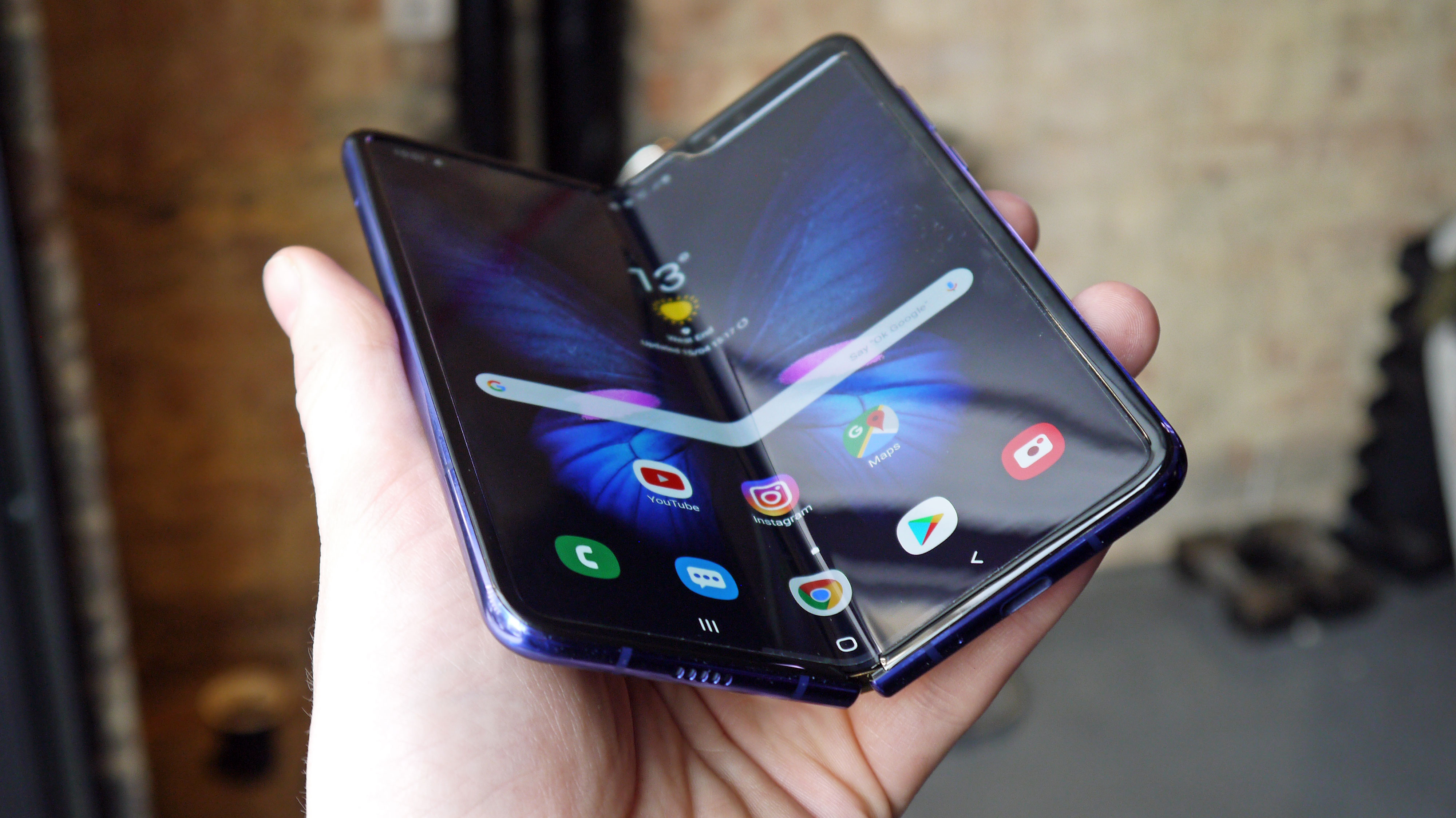Samsung CEO admits the Galaxy Fold was released before it was ready
Still no release window

After screen malfunctions caused Samsung to pull the Galaxy Fold days before its official launch, it was unclear how the company failed to predict the foldable phone would fail.
Months later, Samsung CEO DJ Koh came clean, saying: “It was embarrassing. I pushed it through before it was ready,” according to The Independent.
Koh made the comments at a recent meeting with several media outlets - presumably the same roundtable where he nonchalantly name-checked the upcoming Note 10.
“I do admit I missed something on the foldable phone, but we are in the process of recovery,” Koh said at the meeting. “At the moment, more than 2,000 devices are being tested right now in all aspects. We defined all the issues. Some issues we didn’t even think about, but thanks to our reviewers, mass volume testing is ongoing.”
Delays abound, so which foldable will be first?
Samsung still hasn’t given the Galaxy Fold a proper release date, leaving us to presume there are plenty of issues left to fix before the device reaches the quality and reliability of tried-and-true smartphones.
This has left the market wide open for the Galaxy Fold’s only announced competitor, the Huawei Mate X, to take the lead - but even that device has a vague release window of September or sooner.
Whether out of caution or to ensure it doesn’t follow the Fold’s aborted launch, Huawei is biding its time, though the company’s President of Europe, Walter Ji, told TechRadar the foldable “is in final testing.”
Sign up for breaking news, reviews, opinion, top tech deals, and more.
Foldables are, technologically, a tough nut to crack. But they represent something more: the potential end of the line for smartphones, a design summit that phones might not rise above given their fundamental form factor limitations. Instead, new devices could supplant them, Koh told reporters.
"Smartphones may decline but new devices will emerge."
Samsung CEO DJ Koh
“Foldable will last a couple of years,” Koh said, according to The Independent. “Another form factor is a possibility, but I will say that once 5G and the internet of things are available [together], we must think rather than smartphones, we must think smart devices. Smartphones may decline but new devices will emerge.”
Koh foresees networks of interconnected and multi-screen devices at well-traveled locations to functionally replace smartphones. Instead of interfacing with one smartphone you carry around, you’ll speak to dozens of different smaller devices interspersed throughout your day.
It’s a what-if scenario where expensive phones give way to a more abstract concept of digital assistance, likely provided by voice-controlled AI assistants. Other devices like smart watches will fit in the network.
“Smartphone design has hit a limit, that’s why we designed a folding phone,” Kang Yun-Je, head of Samsung Electronic’s design team, told The Independent. “But we’re also focusing on other devices that are beginning to make a wider impact on the market, like smart earphones and smart watches. In five years or so, people will not even realise they are wearing screens. It will be seamless.”
But first, we’ll have phones that fold...eventually.
- Samsung Galaxy Fold, Huawei Mate X, and more: here are all the foldable phones we know about

David is now a mobile reporter at Cnet. Formerly Mobile Editor, US for TechRadar, he covered phones, tablets, and wearables. He still thinks the iPhone 4 is the best-looking smartphone ever made. He's most interested in technology, gaming and culture – and where they overlap and change our lives. His current beat explores how our on-the-go existence is affected by new gadgets, carrier coverage expansions, and corporate strategy shifts.